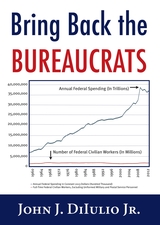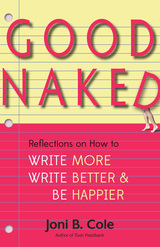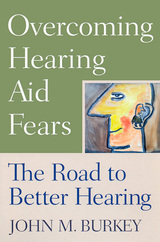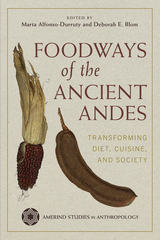
Berger’s fieldwork that frigid day raised important questions that would require years of travel and research to answer: Can naive animals avoid extinction when they encounter reintroduced carnivores? To what extent is fear culturally transmitted? And how can a better understanding of current predator-prey behavior help demystify past extinctions and inform future conservation?
The Better to Eat You With is the chronicle of Berger’s search for answers. From Yellowstone’s elk and wolves to rhinos living with African lions and moose coexisting with tigers and bears in Asia, Berger tracks cultures of fear in animals across continents and climates, engaging readers with a stimulating combination of natural history, personal experience, and conservation. Whether battling bureaucracy in the statehouse or fighting subzero wind chills in the field, Berger puts himself in the middle of the action. The Better to Eat You With invites readers to join him there. The thrilling tales he tells reveal a great deal not only about survival in the animal kingdom but also the process of doing science in foreboding conditions and hostile environments.

In Bring Back the Bureaucrats, John J. DiIulio Jr., one of America’s most respected political scientists and an adviser to presidents in both parties, summons the facts and statistics to show us how America’s big government works and why reforms that include adding a million more people to the federal workforce by 2035 might help to slow government’s growth while improving its performance.
Starting from the underreported reality that the size of the federal workforce hasn’t increased since the early 1960s, even though the federal budget has skyrocketed. The number of federal programs has ballooned; Bring Back the Bureaucrats tells us what our elected leaders won’t: there are not enough federal workers to work for our democracy effectively.
DiIulio reveals that the government in America is Leviathan by Proxy, a grotesque form of debt-financed big government that guarantees terrible government. Washington relies on state and local governments, for-profit firms, and nonprofit organizations to implement federal policies and programs. Big-city mayors, defense industry contractors, nonprofit executives, and other national proxies lobby incessantly for more federal spending. This proxy system chokes on chores such as cleaning up toxic waste sites, caring for hospitalized veterans, collecting taxes, handling plutonium, and policing more than $100 billion annually in “improper payments.” The lack of competent, well-trained federal civil servants resulted in the failed federal response to Hurricane Katrina and the troubled launch of Obamacare’s “health exchanges.”
Bring Back the Bureaucrats is further distinguished by the presence of E. J. Dionne Jr. and Charles Murray, two of the most astute voices from the political left and right, respectively, who offer their candid responses to DiIulio at the end of the book.



There are dozens of misconceptions about hearing aids:
- “They make you look old.”
- “They cause ear infections.”
- “They increase hearing loss.”
- “I can’t afford one.”
In Overcoming Hearing Aid Fears, audiologist John M. Burkey addresses common fears, concerns, and misconceptions about hearing aids to help readers decide whether these devices will prove useful. Using an informal, anecdotal style informed by years of clinical practice, Burkey provides practical information about hearing aid styles, options, and costs. His expertise and experience in caring for more than 50,000 patients will help people with hearing loss address their personal concerns. The book also helps friends and family understand why a loved one might resist getting a hearing aid, and offers tips on counseling. Audiologists will find this text an important educational tool in advising their own patients.
Approximately 10 percent of Americans (and nearly one-third of people age seventy and older) have some degree of hearing loss that, if left untreated, causes frustration, isolation, and depression. A hearing aid is a simple tool to improve careers, relationships, and self-esteem, and to provide independence and security. Overcoming Hearing Aid Fears can help readers take that first step to a better life.
READERS
Browse our collection.
PUBLISHERS
See BiblioVault's publisher services.
STUDENT SERVICES
Files for college accessibility offices.
UChicago Accessibility Resources
home | accessibility | search | about | contact us
BiblioVault ® 2001 - 2025
The University of Chicago Press









